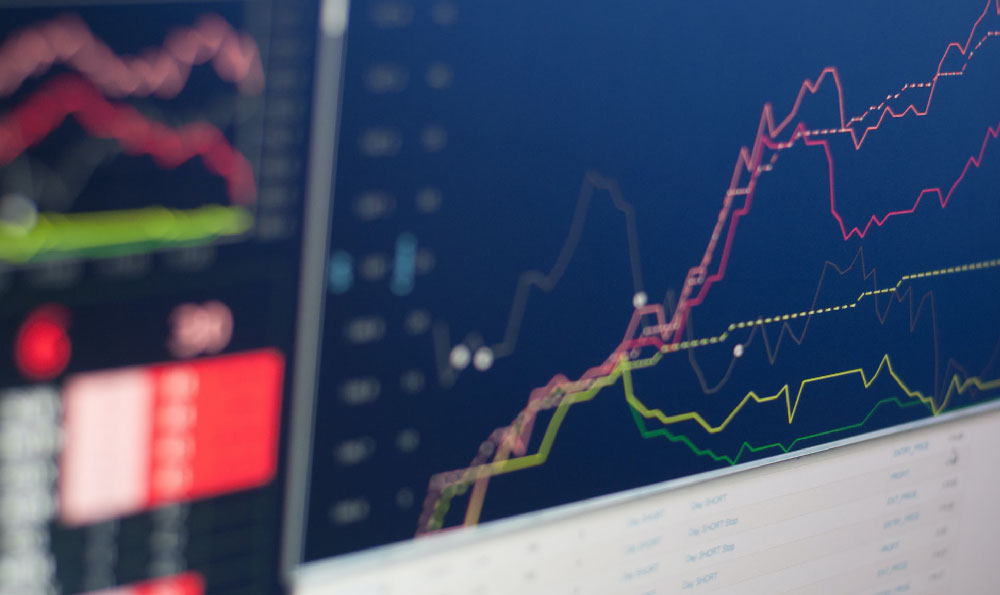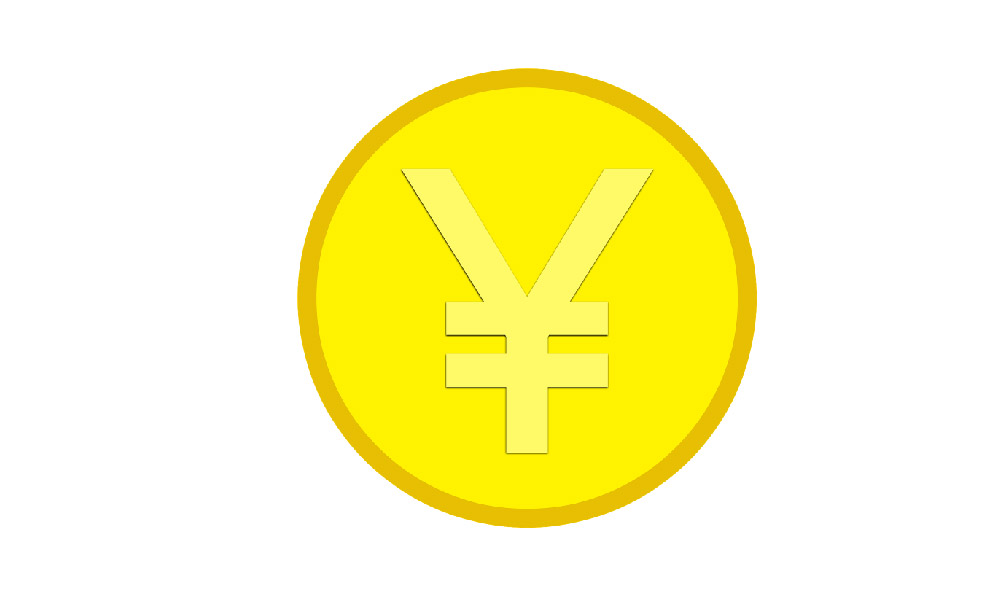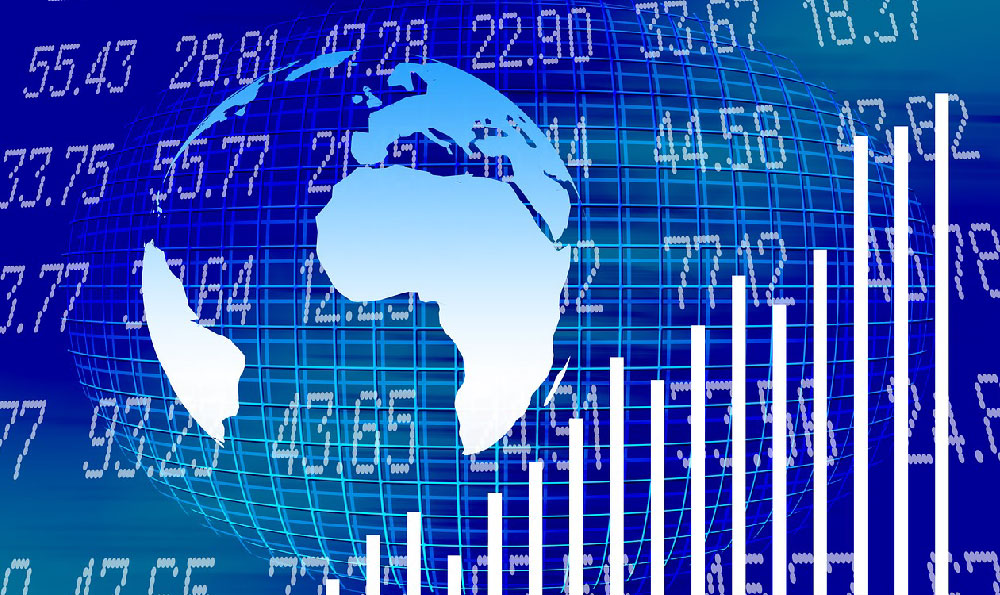How Much Did Fauci Earn From Vaccines? And Was It Too Much?
Dr. Anthony Fauci's name has become synonymous with the COVID-19 pandemic response in the United States. His decades-long career at the National Institute of Allergy and Infectious Diseases (NIAID), part of the National Institutes of Health (NIH), placed him at the forefront of research and public health initiatives tackling infectious diseases. This visibility, coupled with the unprecedented global impact of the pandemic, has inevitably led to scrutiny of his financial disclosures, particularly concerning his involvement with vaccine development and his compensation.
Disentangling Dr. Fauci's earnings directly attributable to vaccines from his overall compensation as a public servant is a complex task. It's crucial to understand his role at NIAID. He wasn't a private sector employee receiving royalties or stock options directly from vaccine sales. Instead, his salary was paid by the U.S. government for his work as a scientist, administrator, and public health advisor.
His salary, as reported through publicly available information and government records, consistently placed him among the highest-paid federal employees. For instance, in 2020, his salary exceeded $430,000, surpassing even the President of the United States. While seemingly high, it's essential to consider the responsibilities and expertise demanded by his position. Leading NIAID during a global pandemic required immense scientific knowledge, strategic planning, and the ability to communicate effectively with both the scientific community and the public. His salary reflected the value placed on these skills during a critical period.

The debate often revolves around the ethical implications of a public servant potentially benefiting financially from policies and recommendations they promote, even if indirectly. Here's where nuanced understanding is required. Dr. Fauci, as the director of NIAID, oversaw research funding and helped shape the government's response to infectious diseases, including vaccine development. While he wasn't personally receiving royalties from vaccine sales, NIAID, under his leadership, partnered with pharmaceutical companies in the research and development process.
This collaboration raises concerns about potential conflicts of interest, even if unintentional. Did his position influence the choice of which vaccines were prioritized? Did he advocate for policies that indirectly benefited pharmaceutical companies at the expense of other public health measures? These are legitimate questions that deserve scrutiny.
However, it's crucial to avoid simplistic conclusions. Vaccine development is a collaborative effort involving numerous scientists, researchers, and institutions. The government's role in funding research and facilitating partnerships with the private sector is crucial for advancing medical innovation. Without this collaboration, the rapid development of COVID-19 vaccines wouldn't have been possible.
To address potential conflicts of interest, government employees, including Dr. Fauci, are required to disclose their financial holdings and affiliations. These disclosures are intended to provide transparency and allow for independent oversight. While these disclosures offer a degree of accountability, they don't eliminate the possibility of unconscious bias or perceived impropriety.
The question of whether Dr. Fauci's compensation was "too much" is subjective and depends on one's perspective. Some argue that his salary was justified given his expertise and the gravity of the situation. Others contend that public servants shouldn't be compensated at such high levels, regardless of their contributions. The debate also hinges on the value society places on public health expertise and the incentives needed to attract and retain top talent in government service.
Moreover, the focus on Dr. Fauci's salary, while understandable given his high profile, risks overlooking the broader issue of pharmaceutical industry profits and the pricing of vaccines. The pandemic highlighted the immense power and influence of pharmaceutical companies, raising questions about access to medicines, equitable distribution, and the balance between private profit and public health.
Ultimately, the discussion surrounding Dr. Fauci's compensation and his involvement with vaccine development should serve as an opportunity to re-evaluate the ethical framework governing public health research and policymaking. Stricter transparency requirements, independent oversight mechanisms, and a greater emphasis on public interest over private profit are essential to ensure that future responses to public health crises are guided by scientific evidence, ethical considerations, and the well-being of all members of society. The goal should be to foster trust in public health institutions and promote confidence in the integrity of the scientific process.















